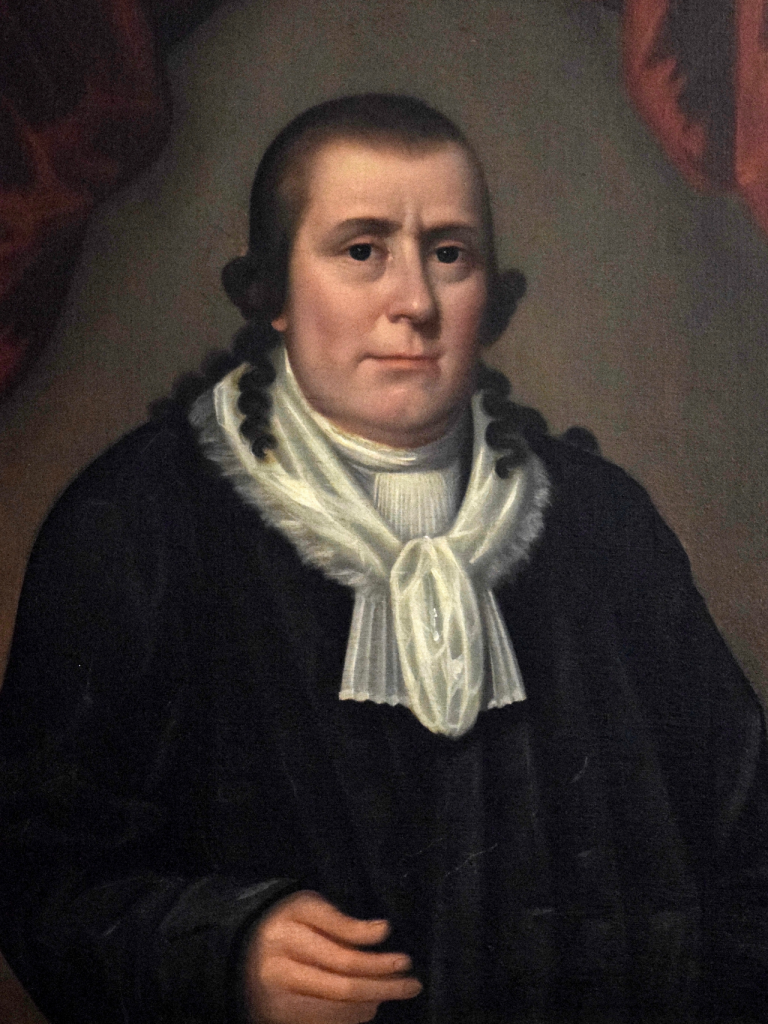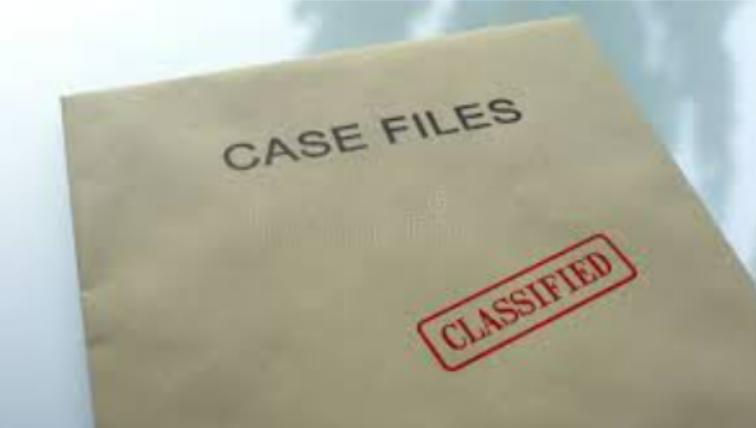It is often believed that identifying outside the binary of “male” or “female” is a modern phenomenon, or that LGBTQ and religion are inherently contradictory. However, in 18th century America, at the peak of the Revolutionary War, an individual known as the Public Universal Friend defied this stereotypical logic. In 1752, the Public Universal Friend was born “female” as Jemima Wilkinson, in Rhode Island. Wilkinson was raised in a Quaker family, a Protestant Christian religious sect that stresses peace, community, and pious dedication to their God. Wilkinson was strong, athletic, and a talented equestrian. They could recite long passages from the Bible from memory, as well as famous Quaker writings. However, in adulthood, their family and all of the British colonists experienced turmoil when the American Revolutionary War began.
The Quakers shunned the Wilkinsons when the Friend’s brothers enlisted in the Continental Army. Wilkinson began attending New Light Baptist meetings, (another Protestant branch) but contracted a severe fever in the fall of 1776. The Friend reported that during this fever, Jemima Wilkinson had died and ascended to heaven. The earthly body became the home of a new, genderless soul, known as the Public Universal Friend, or the P.U.B. The Friend began a new movement, preaching in safehouses and churches, encouraging peace, kindness, and dedication to God. They did not answer to their deadname and received backlash and publicity for their revolutionary way of thought. The Friend dressed in androgynous clothes, usually a preacher’s robes. They founded the Society of Universal Friends, which sought to establish a commune in western New York known as the Gore. The land was not large enough, and the community moved to Canada, founding the town of Jerusalem. Locals attempted to form a mob and arrest the Friend, but the Friend escaped with their horse-riding skills. The Friend’s health declined, and the locals took them to court. However, the judge found the Friend not guilty and invited them to give a sermon in the courthouse. Eventually, the Friend would pass in 1819, leaving behind a legacy of gender equality, peace, faith, and overall human kindness. The Friend is a shining example of LGBTQ excellence in American and Religious history.
Sources:
Wisbey 2009, Cornell University Press
Moyer, 2015, Cornell University Press







